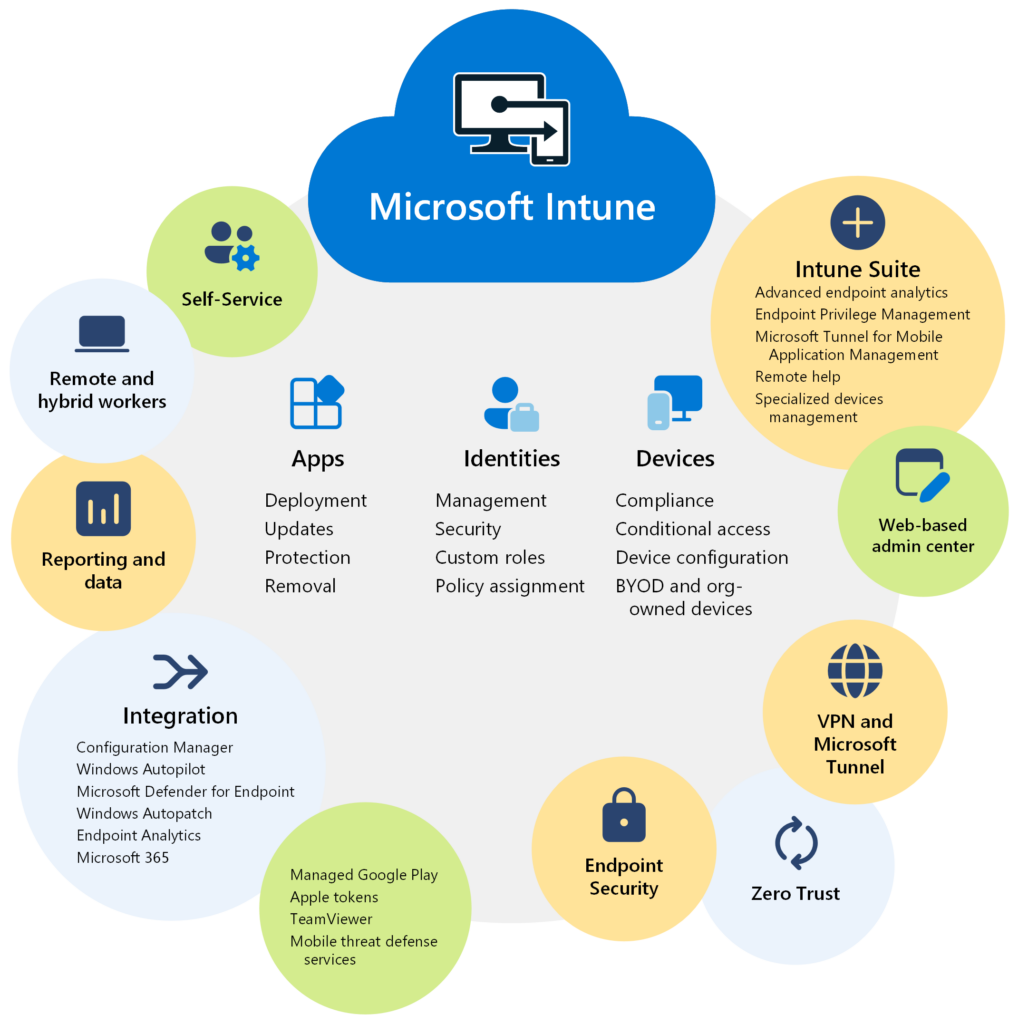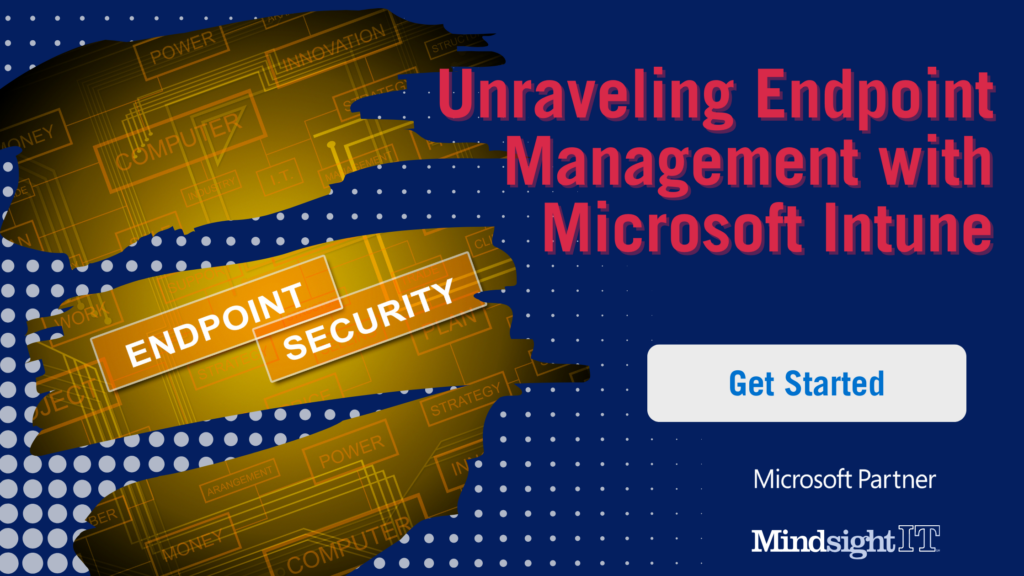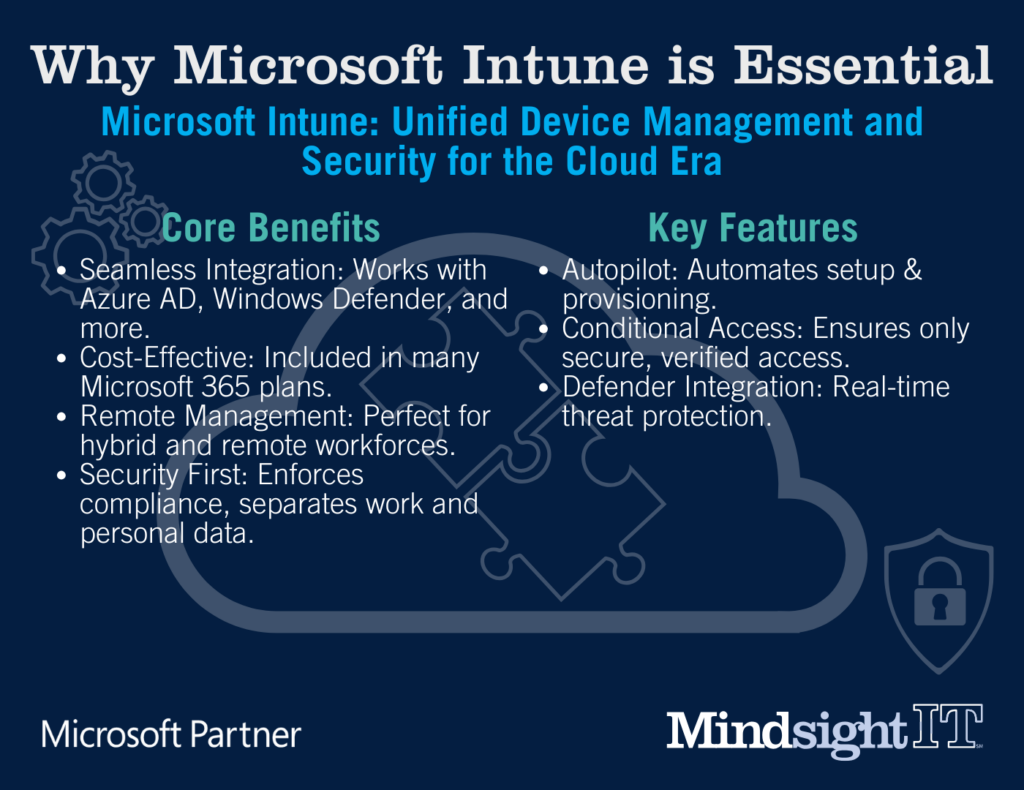Updated July 15, 2021 by Siobhan Climer and Eric White
Managed service providers, or MSPs, supply IT expertise and support to a company’s infrastructure and user systems, often remotely.
The recent rapid transition to remote and work-from-home deployments in 2020 meant IT departments relied more on managed services to reduce risk and costs. Now, in 2021, as people transition back to offices, and more companies implement a hybrid work model, teams are dealing with added cybersecurity risks and network requirements often with fewer staff and resources than a year prior. In fact, the global managed IT services market is expected to grow 8.1% in the upcoming 5-year period, partially in response to the crisis, according to a recent report.
MSPs do it all: network infrastructure, systems analysis, disaster recovery implementation and monitoring, security analysis, and development. MSPs work across industry – from healthcare to government, education to retail, manufacturing to media – to streamline service, focusing on customer, student, and patient experiences, application performance, and network capabilities. Emerging companies leverage managed services to transition to cloud computing or improve data center infrastructure.
There isn’t one way to leverage managed services. So, we at Mindsight wanted to examine some of the different ways emerging and midmarket companies use these services. What did we find? From cyber security consultants to regulation and compliance experts, strategic businesses use managed services as consultants and supports for both technical knowledge specializations and day-to-day operational tasks.
Emerging And Midmarket Companies: Cyber Security, Cost, Optimization, And Compliance
Cybersecurity
The reasons small and medium-sized businesses (SMBs) and midmarket customers use MSPs are various. For many, cybersecurity is a driving factor. According to recent research, 60% of small companies go out of business within 6 months of a cyber attack. What’s more, over 260 million sensitive records containing PII (PCI/PHI) were compromised in the first four months of 2018. Most SMBs agree that they have more data to protect and are not confident they can do it alone.
Cost
 One way to leverage managed services as an emerging business is to cut spending. The International Data Corporation (IDC) conducted a study in 2013 on managed IT services value. They found that for every 100 users, a business could save almost $400,000 annually by teaming up with an MSP. How does that work?
One way to leverage managed services as an emerging business is to cut spending. The International Data Corporation (IDC) conducted a study in 2013 on managed IT services value. They found that for every 100 users, a business could save almost $400,000 annually by teaming up with an MSP. How does that work?
MSPs have specialized skills and the bandwidth to manage large-scale projects, without which a company would need to hire at least one full-time IT team member – that alone can be close to $100,000. Add on to that the ability to scale up and down, take on different projects that require a different specialization, and hiring costs. The costs add up fast.
In addition, MSPs provide infrastructure and increase productivity, all of which is tied to ROIs. The most shocking result from IDC’s research: for every 100 users, each organization invests, on average, almost $275,000. Within six months, those companies in IDC’s report saw an ROI of 224%.
Optimization
IDC’s research shows that focusing the right people and resources on strategic initiatives is the biggest challenge facing executives. Managed services enable leadership to put the business IT team to work on strategy, letting the MSP take care of patches and daily upgrades. If they leverage managed services, emerging businesses can be more strategic and focused on the services that companies require, such as procurement, security, disaster recovery, network infrastructure, or cloud computing.
 Compliance
Compliance
Depending on your industry, your business likely must adhere to various regulations – from HIPAA to FERPA to Kari’s Law – around data and operations procedures. One way to leverage managed services is to find a partner that is familiar with the federal, state, and PCI compliance standards of your industry. Look for providers that have experience in your industry and know the lifecycle of data in your environment. You reduce the risk of incurring fines for data breaches or noncompliance, and the MSP becomes responsible for managing those risks.
Managed Services ≠ Outsourcing
Managed IT services is often mistakenly defined as outsourcing IT functions. That is NOT how Mindsight views managed IT services. On the contrary, companies of every size, but especially emerging and midmarket organizations, should use managed IT services as a support for their IT departments. We think of the support we offer in one of two ways:
Managed IT Services Strengthen Existing IT Teams
Perhaps your IT team has strong storage and compute expertise, but they lack specialization in new networking technologies. Rather than seeking out and hiring a full time professional, managed services allows you to acquire the trained professionals on an as-needed basis.
Alternatively, your IT team may just need an extra layer of support in certain circumstances. An SMB may find it difficult to staff overnight or holiday monitoring for the IT department. When employees want to take vacations, covering the environment can prove a challenge. One of the primary functions of any Mindsight managed services agreement is 24/7/365 remote monitoring. This allows an IT director to keep their department lean without incurring additional risk.
Especially with recent circumstances, the ability to leverage a managed services partner for emerging and midmarket brands can make or break the response to crisis events and unforeseen circumstances.
Leverage Managed Services By Offloading Day-to-Day Tasks
IT departments of all sizes often find themselves preoccupied with day to day tasks. Updates, patches, tech support, maintenance, and monitoring responsibilities can leave a leadership team with little time to think strategically. Managed IT services offers the opportunity to lift your nose from the grindstone. Offload these repetitive maintenance tasks to a managed service provider and free up some hours during the day to look at the big picture.
Leverage Managed Services With Mindsight
Managed services at Mindsight is much like we’ve already described. We offer managed service agreements to assist your IT department in any capacity that is required. From simple monitoring to full administration of your IT environment, Mindsight is ready to help your business reach its goals.
More specifically, we offer managed services in five key areas:
Remote Monitoring and Management: The most basic, and in some ways most important, aspect of managed IT services is remote monitoring and management. From our in-house Network Operations Center (NOC), our team can monitor and support your IT environment.
Collaboration and Contact Center: Communication is central to any business operation. Mindsight can help support your collaboration and/or contact center technology. We have IT specialists on staff who are certified in both Cisco and Genesys contact center solutions.
Cloud Managed IT Services: The cloud is the big question for every company. If you’re not using it yet, how can you best utilize a cloud deployment? If you’re already in the cloud, how do you ensure your applications perform at their best? Mindsight can help answer all these questions and more.
Managed Backup and Disaster Recovery: In the event of a disaster, you need to have a plan. Mindsight can help develop this plan, deploy it, and test it regularly. Mindsight’s managed backup and disaster recovery will ensure that you’re ready for the unexpected.
Security as a Service: To protect the cloud, you need a security solution built for the cloud. Mindsight’s security as a service offering is designed to reduce risk in your environment without compromising the value of your cloud deployment.
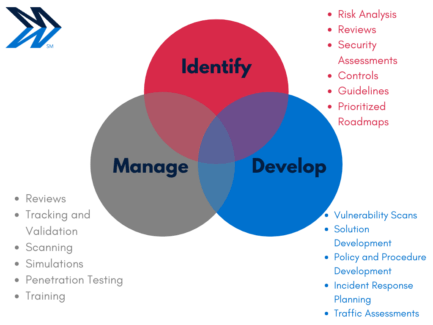 Virtual CISO: Mindsight’s Virtual Chief Information Security Officer (vCISO) service was developed to empower leaders with the cybersecurity guidance they need to better protect their organizations. This service augments cybersecurity skills gaps by providing on-demand direction, planning, implementation, and maintenance – extending the network of expertise to help navigate today’s complex and growing threat landscape.
Virtual CISO: Mindsight’s Virtual Chief Information Security Officer (vCISO) service was developed to empower leaders with the cybersecurity guidance they need to better protect their organizations. This service augments cybersecurity skills gaps by providing on-demand direction, planning, implementation, and maintenance – extending the network of expertise to help navigate today’s complex and growing threat landscape.
Managed Services As A Catch-All Support Solution
Managed services provides companies with a convenient way to solve their IT operational challenges. No matter what the problems consist of, there is a managed services agreement from Mindsight that can help.
Contact Mindsight today to learn more about our managed services offering and to begin a conversation about improving your environment.
Contact us today to discuss how your business can leverage managed services. Start the conversation today.
About Mindsight
Mindsight is industry recognized for delivering secure IT solutions and thought leadership that address your infrastructure and communications needs. Our engineers are expert level only – and they’re known as the most respected and valued engineering team based in Chicago, serving emerging to enterprise organizations around the globe. That’s why clients trust Mindsight as an extension of their IT team.
Contact us at GoMindsight.com.
About The Author
Eric White is Chief Technology Officer and VP of Consulting Services at Mindsight. With over ten years of experience in information technology and leadership, Eric excels at implementing network and data center technologies, designing high-yield solutions for the business. Holding professional certifications from Microsoft, VMware, and EMC, as well as the Cisco CCNP, Eric is an expert at solving business realities with a client-centric focus that delivers.
Siobhan Climer writes about technology trends in education, healthcare, and business. She previously taught STEM programs in elementary classrooms and museums, and writes extensively about cybersecurity, disaster recovery, cloud services, backups, data storage, network infrastructure, and the contact center. When she’s not writing tech, she’s writing fantasy, gardening, and exploring the world with her twin daughters. Find her on twitter @techtalksio.
Originally published July 10, 2018





